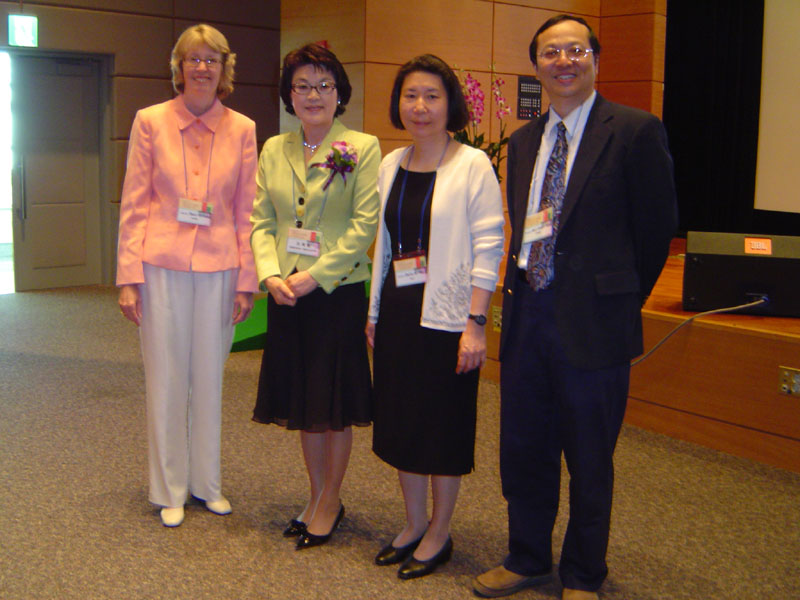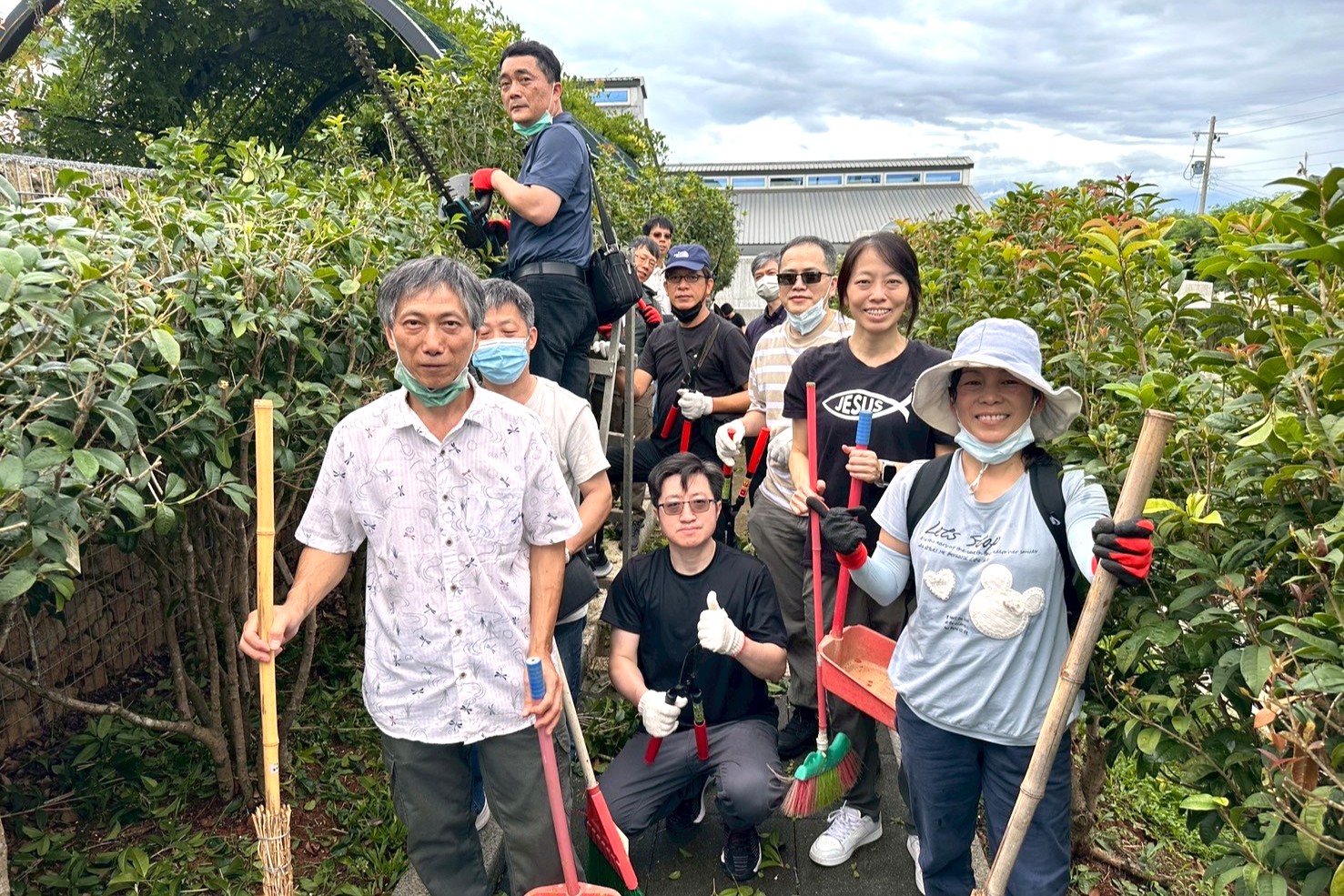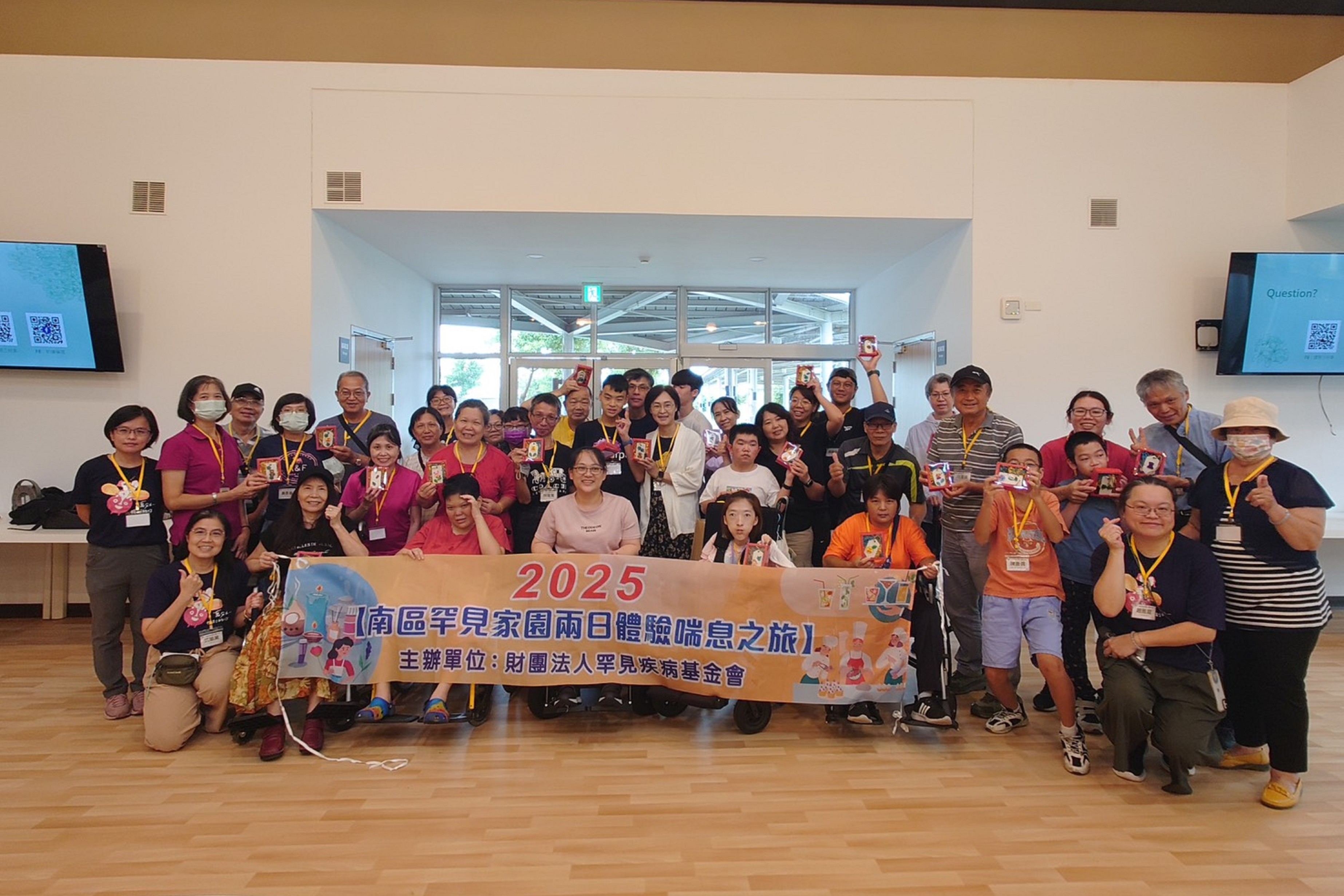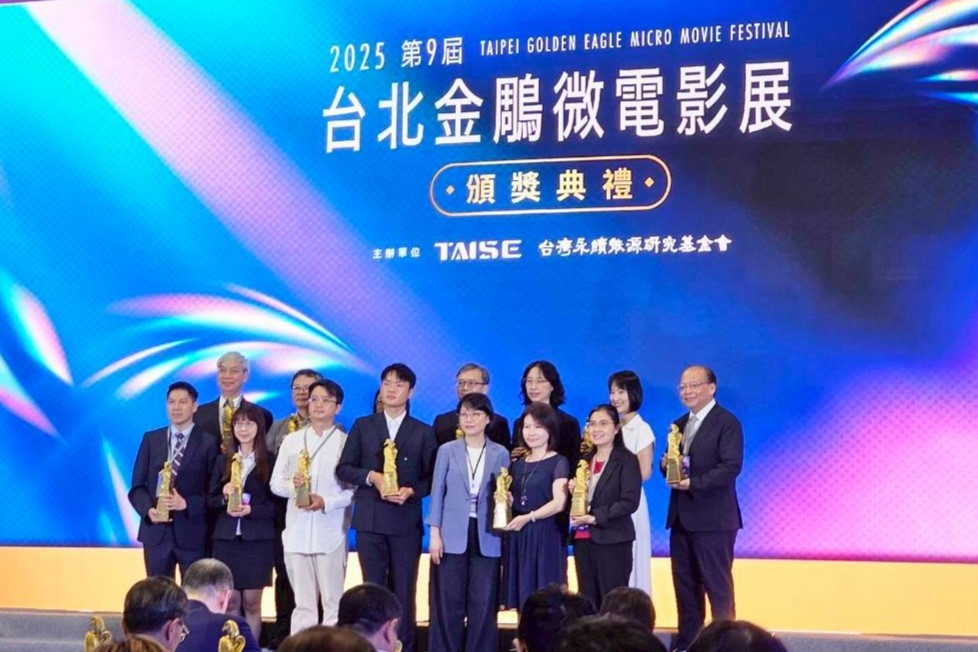News
TFRD Invited to International Symposium in Korea
TFRD Invited to the International Rare Disease Symposium in Korea
TFRD's vice president, Dr. Min-Chieh Tseng was invited for a speech at the Rare Disease International Symposium hosted by the Genetic and Rare Disease Center of Korea National Institute of Health in Seoul, Korea. It was a great opportunity for us to exchange experiences and to get to know the situation of rare diseases patients in Korea.
Similar to TFRD, Korean Organization for Rare Disease (KORD) was an important advocacy group to voice for their patients and it was because of KORD's effort, Korean government finally started to pay attention to the needs of rare disease patients few years ago. So far, 110 rare diseases are reimbursed (80% by the government, 20% by the patients) and co-payment programs for 89 diseases. KORD provides financial support, social welfare services, psychological support and rare disease information to their patients. This symposium also demonstrates the good relationship between Korean government and KORD.
The symposium was hosted by Dr. Oh Dae-Kyu, minister of Korean Ministry of Health and Welfare. Three congressmen spoke at the opening ceremony, including one physically disabled congressman and Mr. Ahn Myoung-Ock, who is also a physician. They all expressed great concern on rare disease patients and their willingness to fight for more budget for
rare diseases. The symposium was divided into two parts, government's policy and medical service and various topics were discussed. Dr. Doris Wu of National Institute of Health in the US, and Ms. Mary Dunkle, vice president of NORD were also invited. Dr. Cho Hae-Wol of Korean NIH and Dr. Jo Inho also raised questions regarding Taiwanese government's role and policy on rare diseases.
Even though there hasn't been a rare disease legislation in Korea and medical reimbursement for rare diseases by National Health Insurance is not as complete as the NHI coverage in Taiwan, Korean government's devotion on rare diseases is definitely no less than Taiwanese government's. Korean government does pay much attention on rare diseases by sponsoring the research and development of orphan drugs and on the establishment of relevant rare disease organizations. This is also what we need to learn from KORD's experience in persuading the government to increase the research budget, to promote development of orphan drugs and to establish a system to assist medical personnel and patients.









